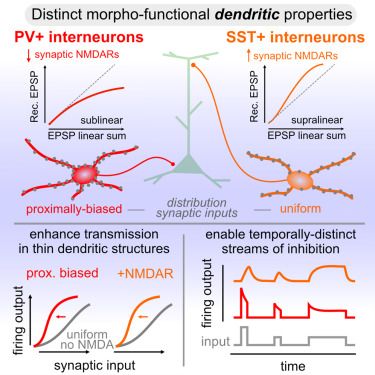
Sensorimotor integration - Brain-Machine Interface - Learning - Rodent whisker system | 🇫🇷 🧠
🤝 Nos liens forts avec la communauté des ingénieurs du L2S @centralesupelec.bsky.social nous valent le label PRIME de @cnrs.fr !
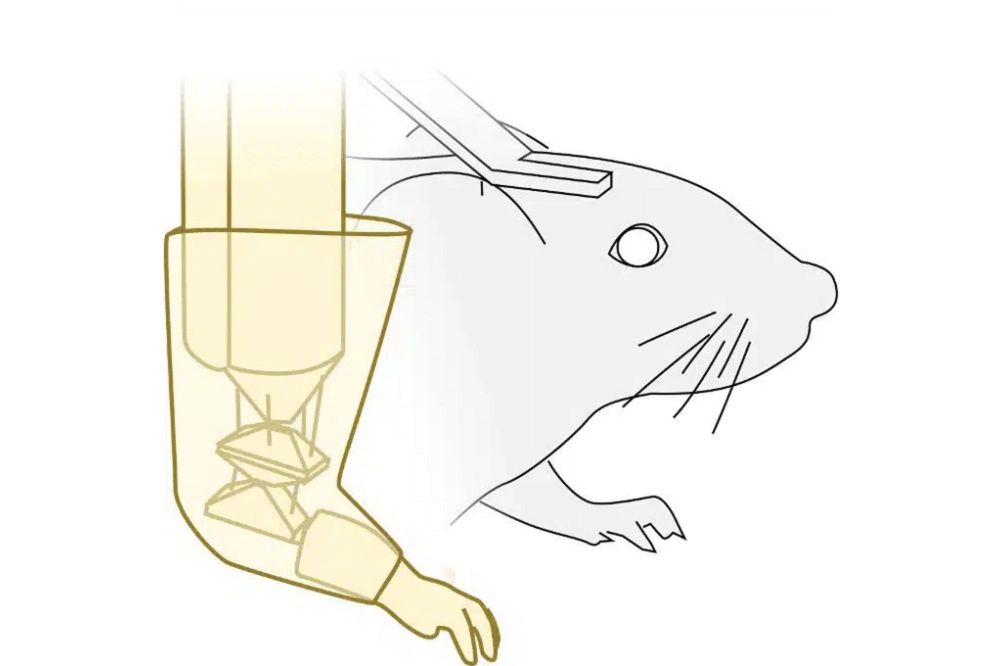
🤝 Nos liens forts avec la communauté des ingénieurs du L2S @centralesupelec.bsky.social nous valent le label PRIME de @cnrs.fr !
Also, best abstract ending I've seen in a long time:
'There is probably no such thing as stable behavior.'
Check it out!
www.sciencedirect.com/science/arti...
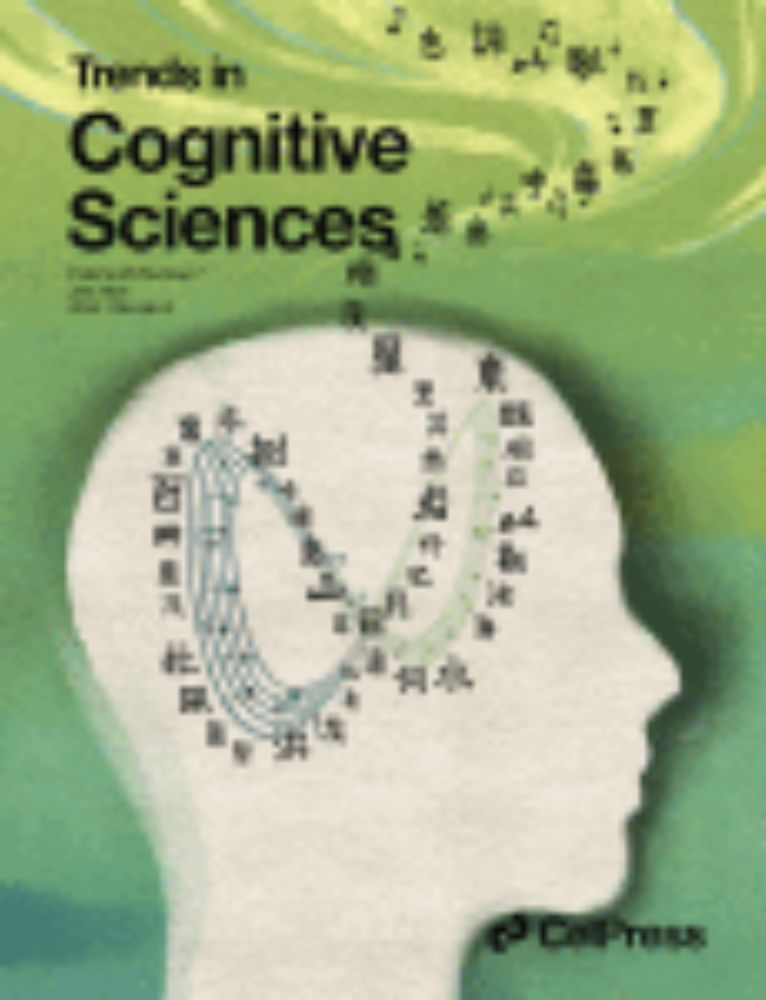
Also, best abstract ending I've seen in a long time:
'There is probably no such thing as stable behavior.'
Check it out!
www.sciencedirect.com/science/arti...
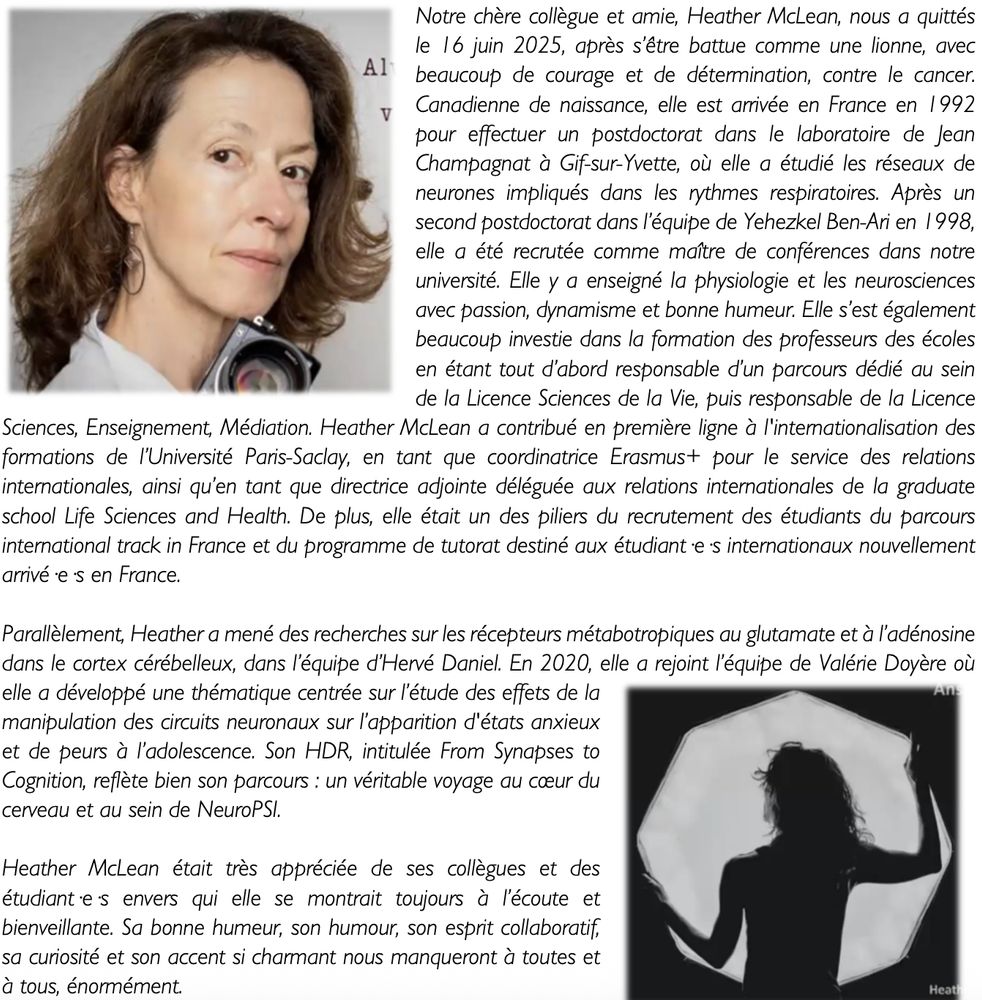
"Rapid emergence of a maths gender gap in first grade"
par P. Martinot et al.
Une étude sur 3 million d'enfants en France (!!!) qui va faire du bruit
#LaRAC @nature.com
www.nature.com/articles/s41...
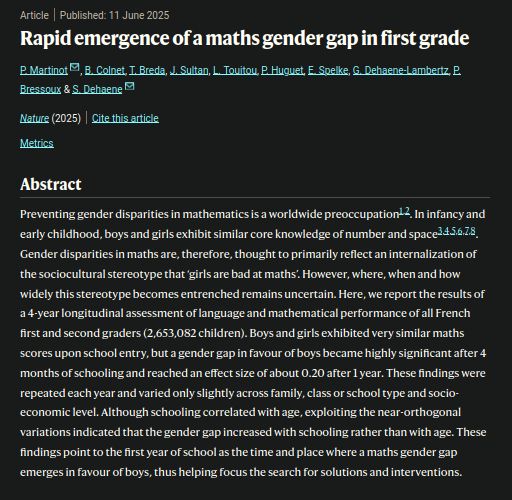
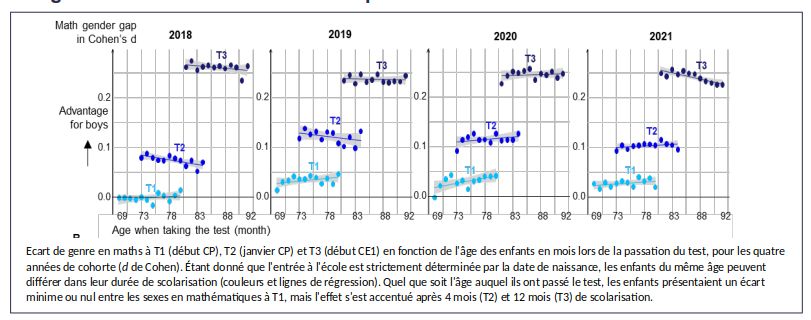
"Rapid emergence of a maths gender gap in first grade"
par P. Martinot et al.
Une étude sur 3 million d'enfants en France (!!!) qui va faire du bruit
#LaRAC @nature.com
www.nature.com/articles/s41...
🔽🔽🔽🔽
www.livescience.com/health/neuro...
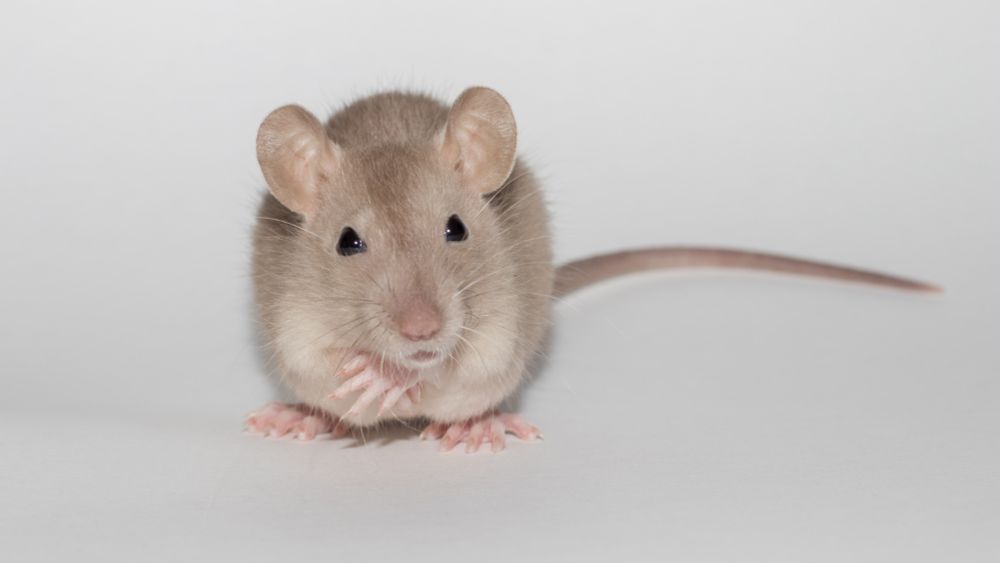
🔽🔽🔽🔽
www.livescience.com/health/neuro...
@inmed.bsky.social @univamu.fr @insermpacacorse.bsky.social
shorturl.at/zxpwW
@inmed.bsky.social @univamu.fr @insermpacacorse.bsky.social
shorturl.at/zxpwW
Aimed at non-french scientists who are curious, but french ones may find it useful too.
Learn more and apply
🔽🔽🔽🔽🔽🔽
emploi.cnrs.fr/Offres/CPJ/C...
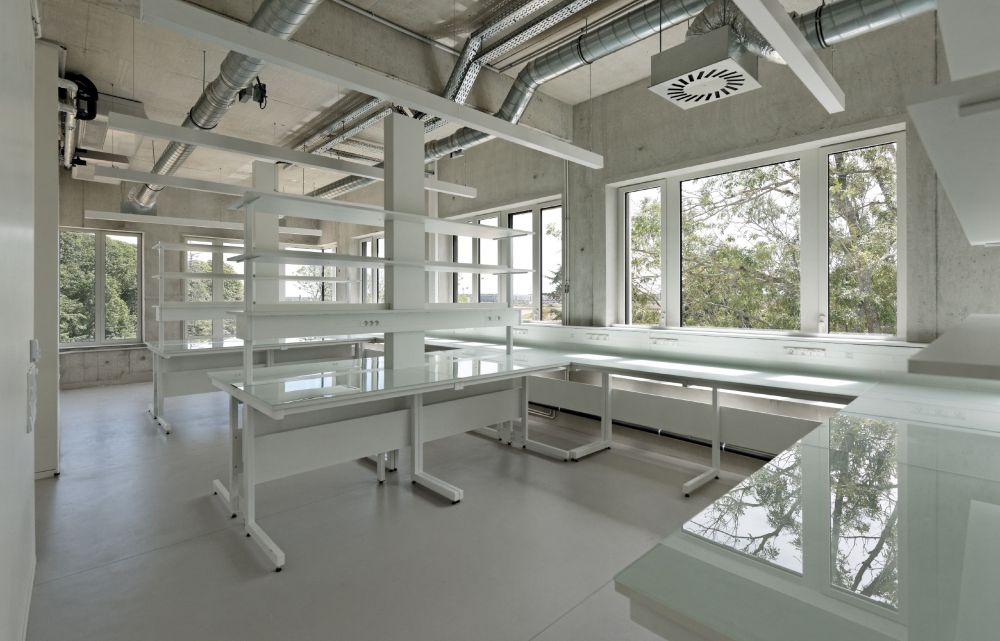
Learn more and apply
🔽🔽🔽🔽🔽🔽
emploi.cnrs.fr/Offres/CPJ/C...
'Modeling in Neurosciences and Cognition'
math.univ-cotedazur.fr/laboratoire/...
'Mathematics of Life"
math.univ-cotedazur.fr/laboratoire/...
'Modeling in Neurosciences and Cognition'
math.univ-cotedazur.fr/laboratoire/...
'Mathematics of Life"
math.univ-cotedazur.fr/laboratoire/...
This year the conference focuses on Social cognition, Decision making & Communication.
You can still register to attend online: neuropsi-2025.sciencesconf.org
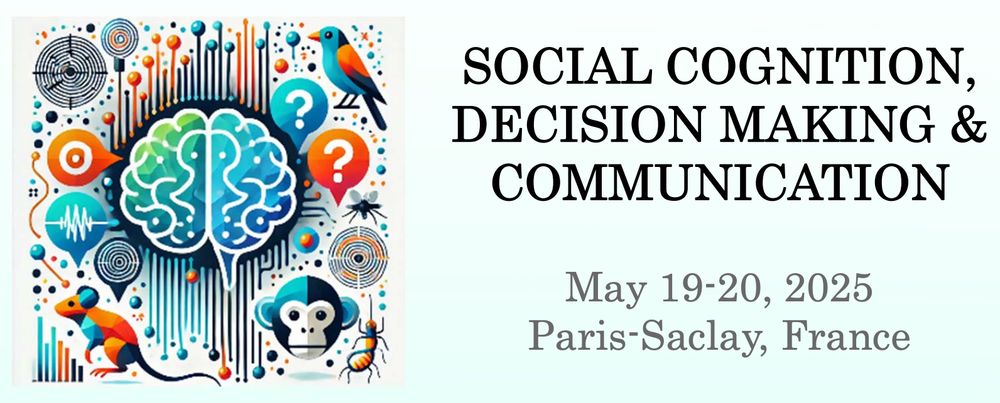
This year the conference focuses on Social cognition, Decision making & Communication.
You can still register to attend online: neuropsi-2025.sciencesconf.org
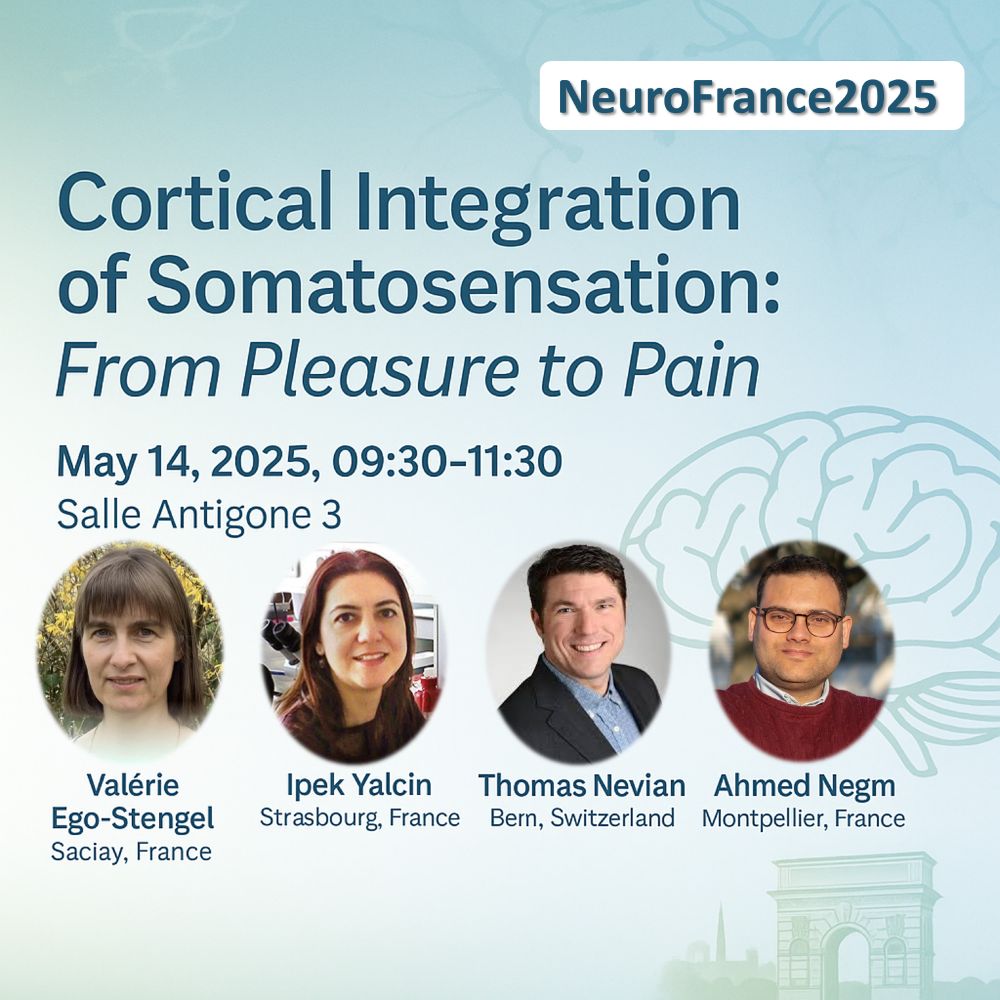
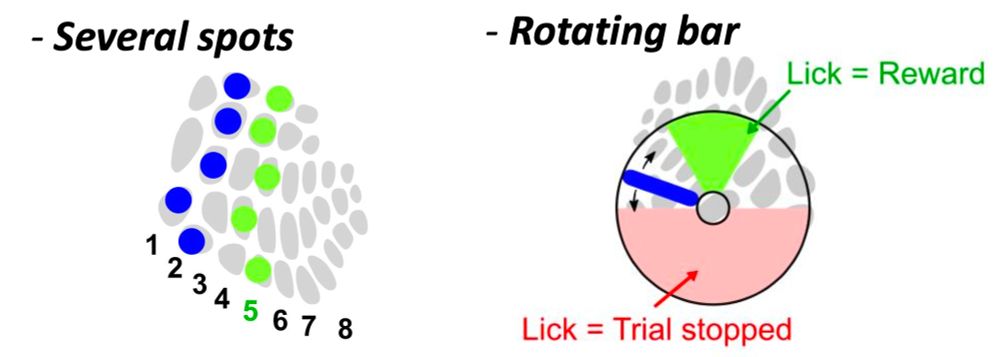
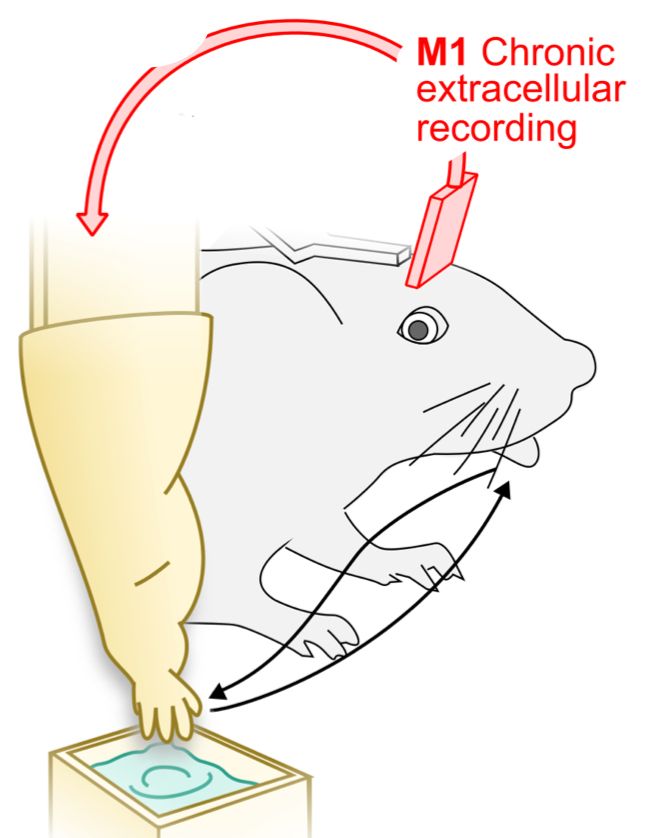
📰 In poster PS3.092, Alexandre Tolboom will present work demonstrating an optimal latency on closed-loop Brain-Machine Interfaces.
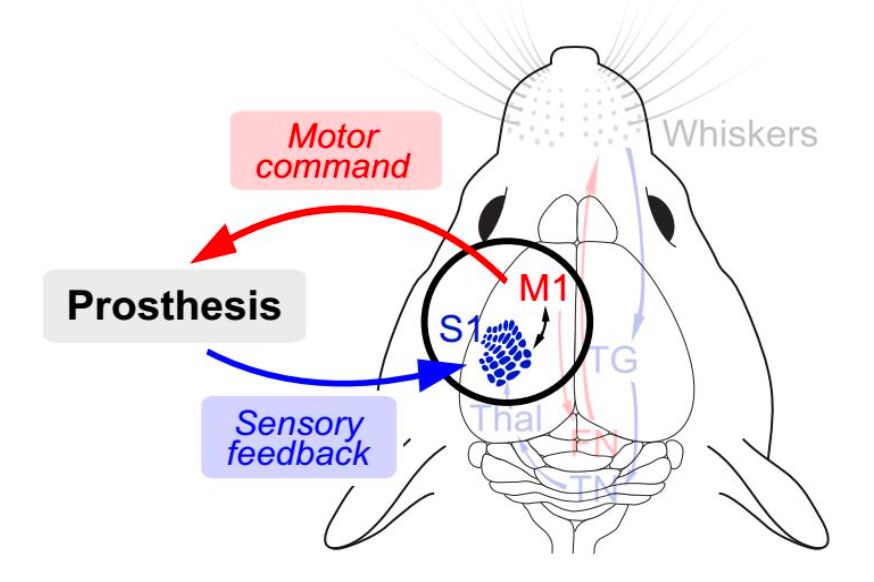
📰 In poster PS3.092, Alexandre Tolboom will present work demonstrating an optimal latency on closed-loop Brain-Machine Interfaces.
www.thetransmitter.org/vision/in-me...

www.thetransmitter.org/vision/in-me...
“Pausing” grants means people don’t eat.
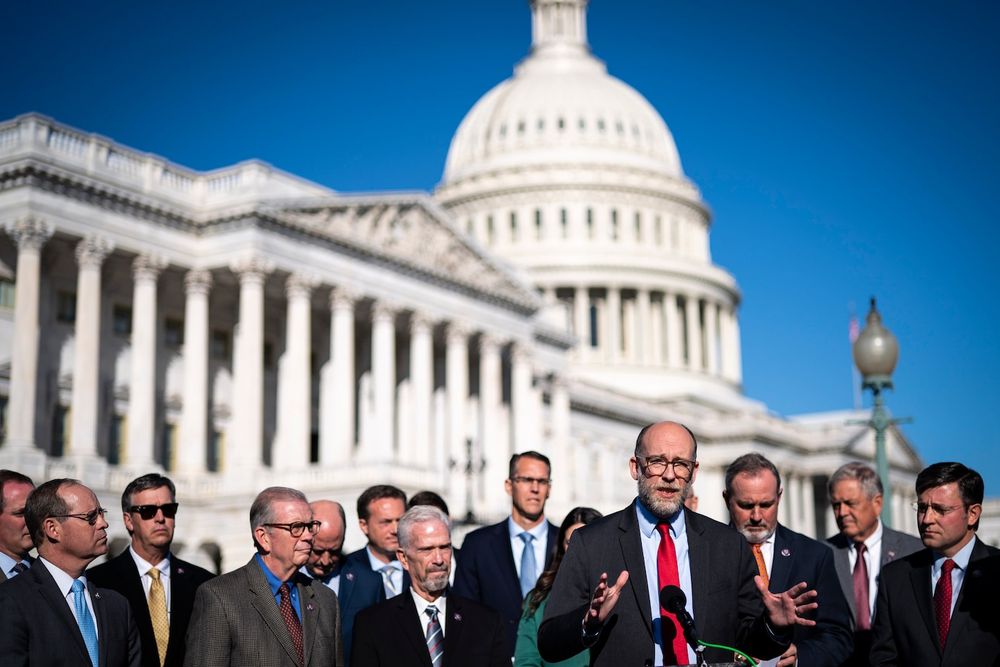
“Pausing” grants means people don’t eat.
www.cell.com/cell/fulltex...
CC @dlevenstein.bsky.social & @repromancer.bsky.social
#neuroscience 🧪
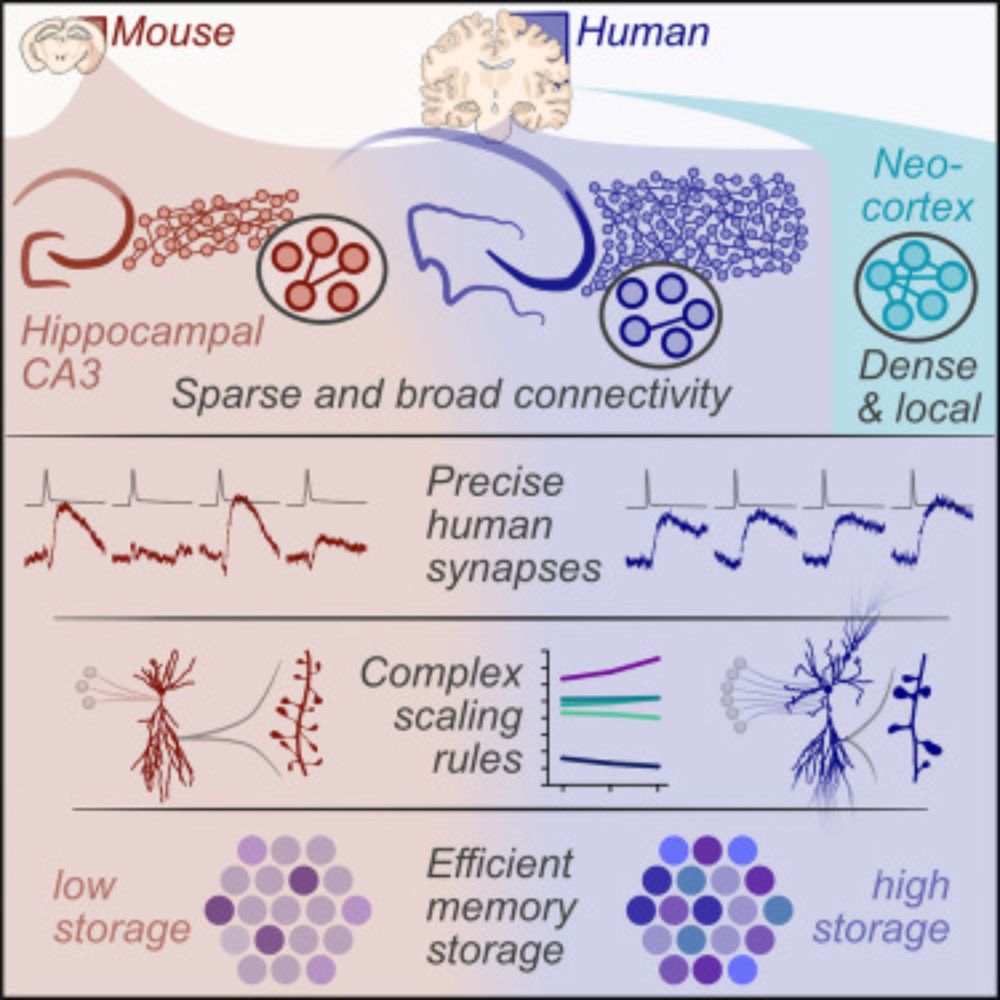
www.cell.com/cell/fulltex...
CC @dlevenstein.bsky.social & @repromancer.bsky.social
#neuroscience 🧪
You will find here a selection of our conferences, and more!
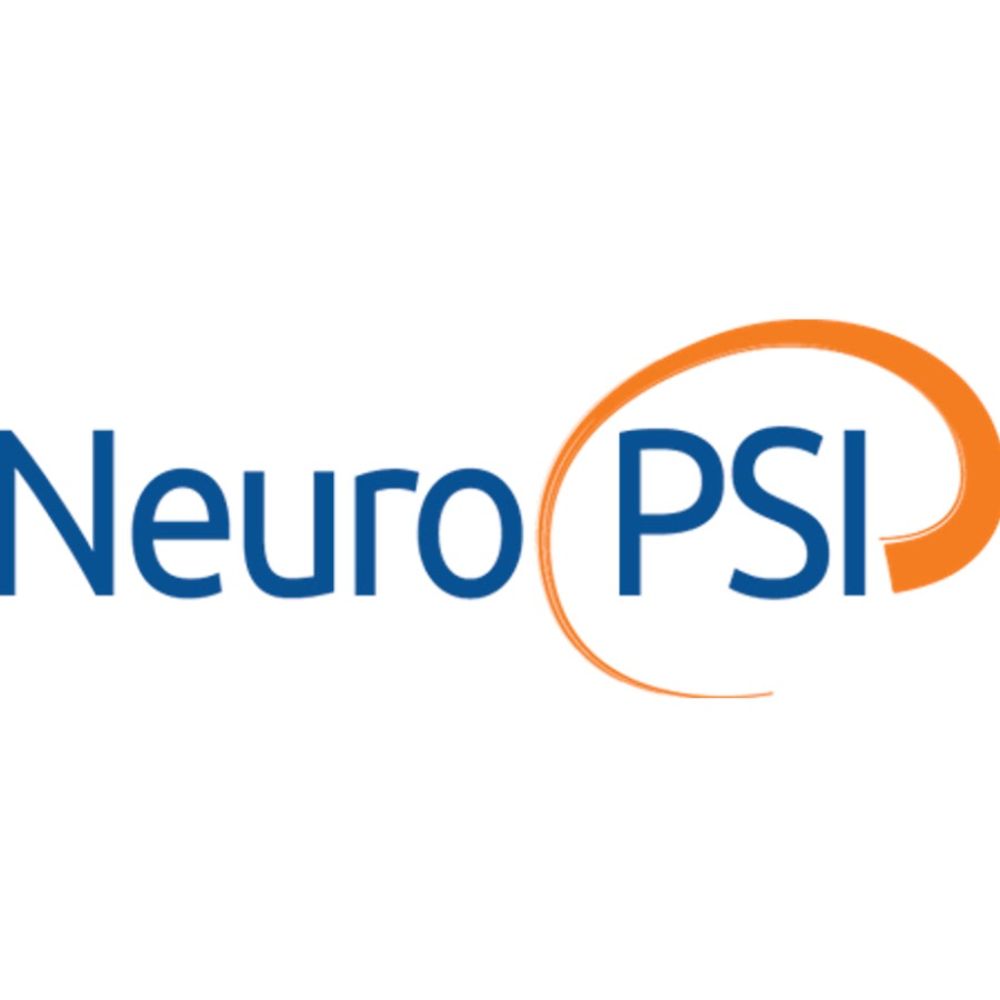
You will find here a selection of our conferences, and more!
Please RP!
Please RP!
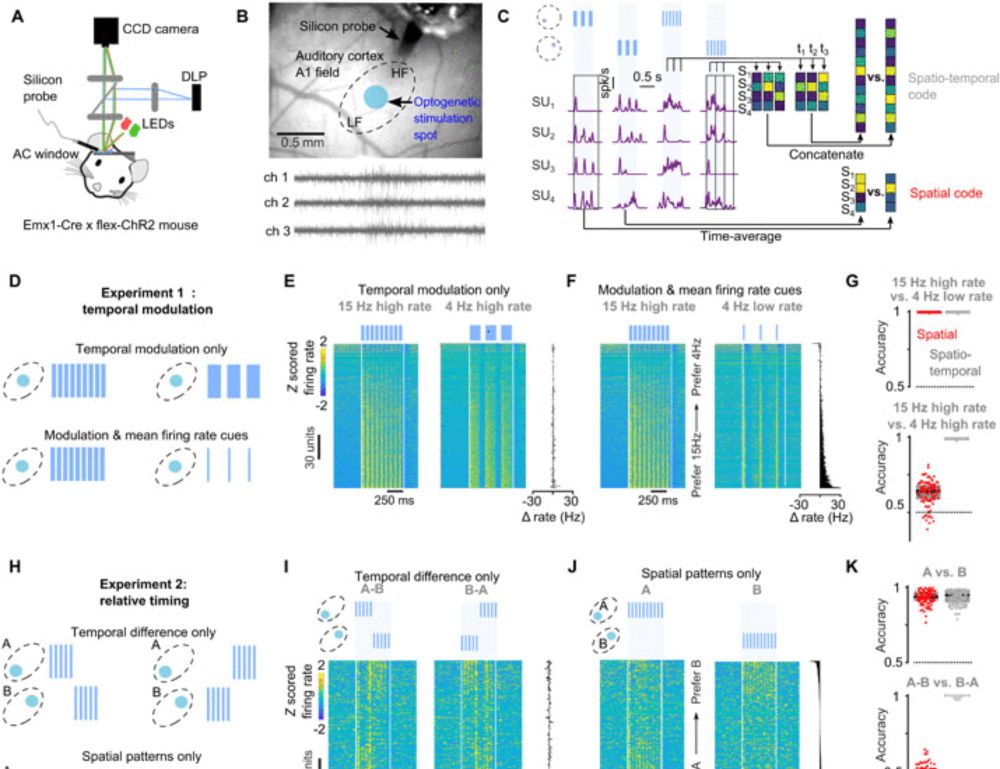
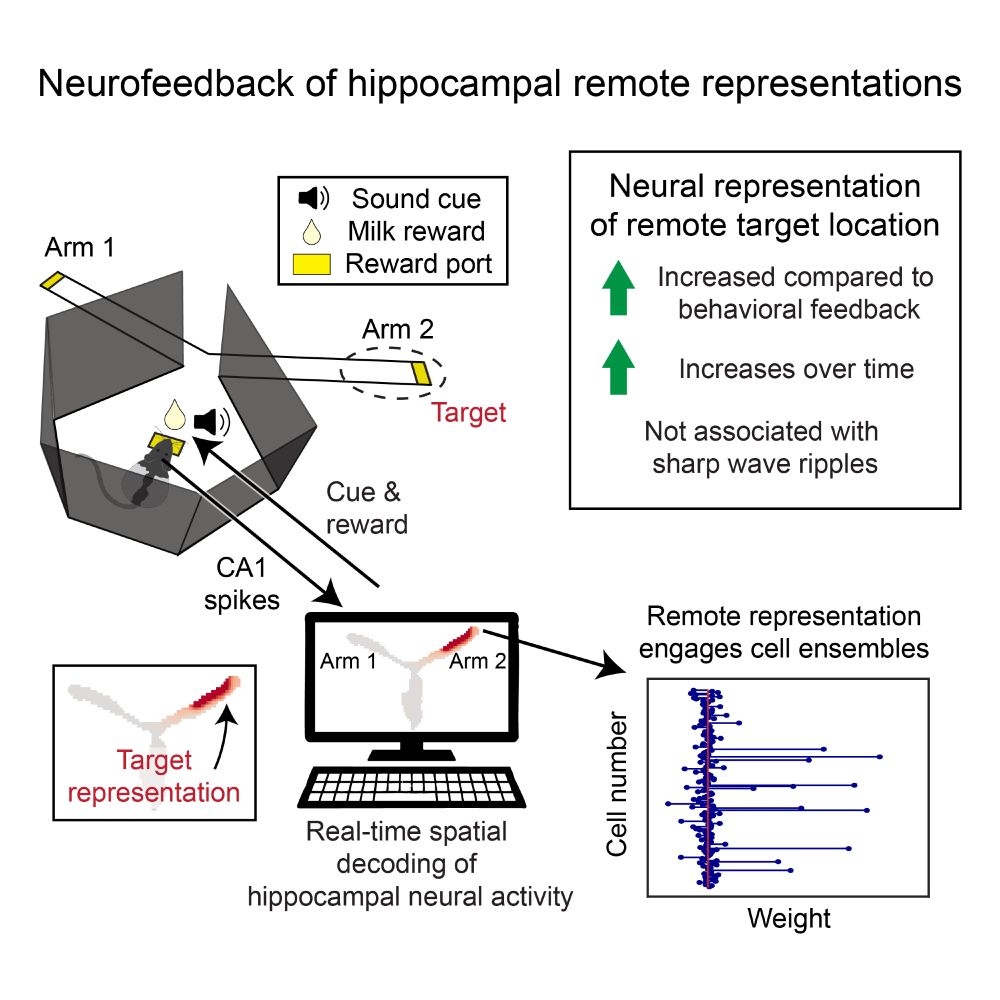
www.biorxiv.org/content/10.1...

www.biorxiv.org/content/10.1...



